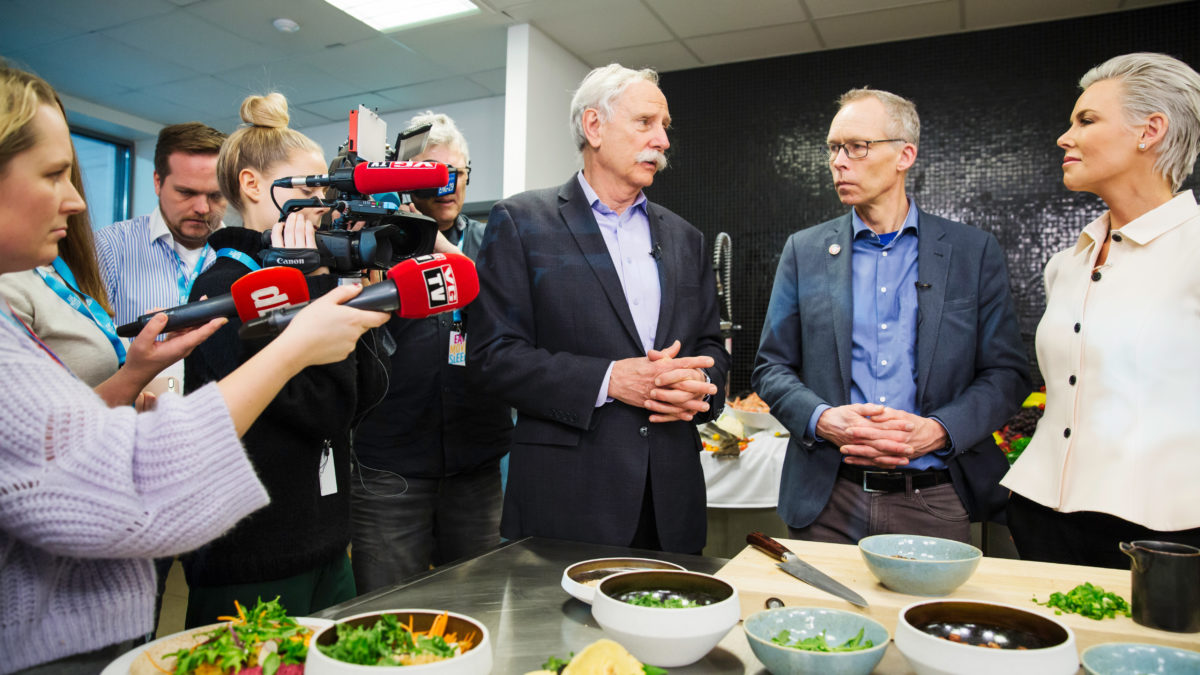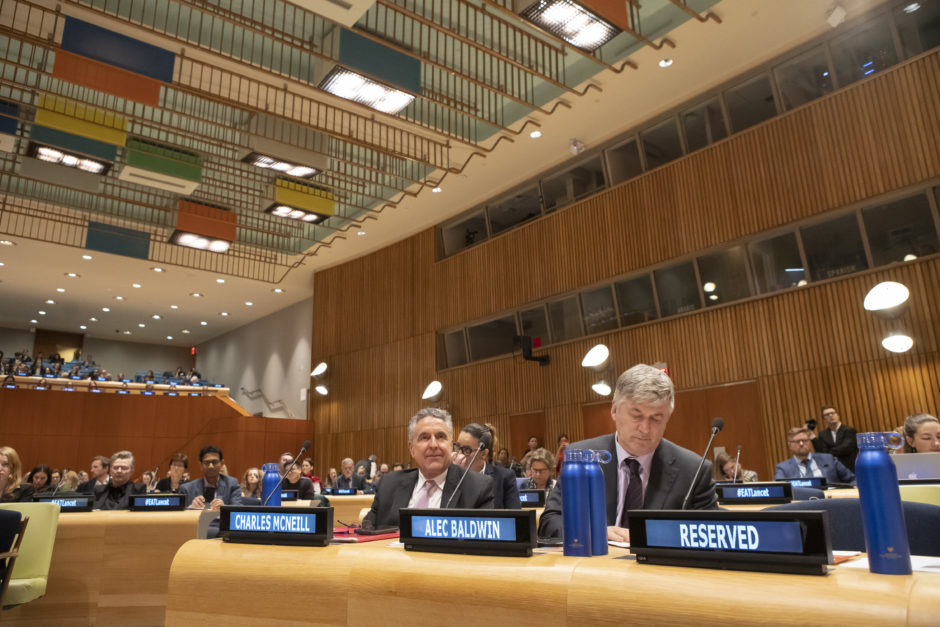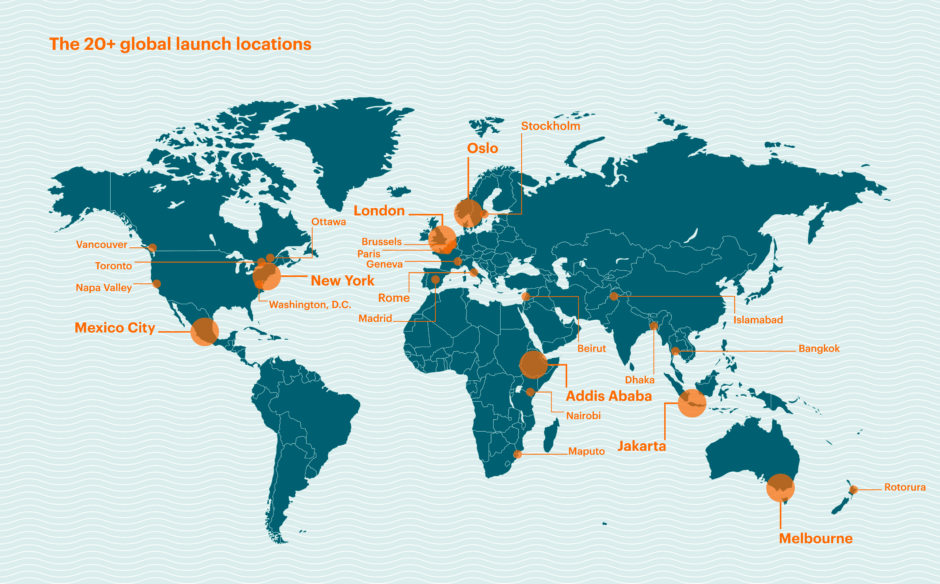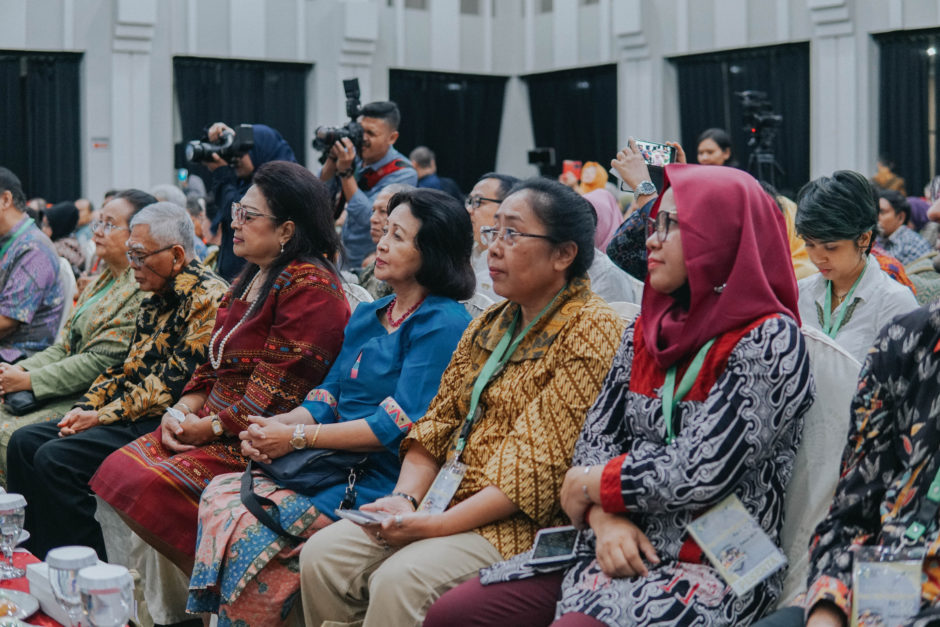
On January 16, 2019, the EAT-Lancet Commission on Food, Planet, Health was published in The Lancet, a leading medical journal.
The report established the first global diet for healthy people on a sustainable planet. The planetary health diet is based on scientific targets to feed a growing population of nearly 10 billion by 2050 without costing the Earth.
Authored by a group of world-leading experts, the report was set from publication to have a significant influence on national health guidelines, policy, business strategies, and, in the end, what we put on our plates. The global response, though, helped expand the impact to unprecedented levels for a Lancet Commission.
Global media was fast to pick up the story, and the report made headlines across the world – from BBC News and New York Times to India Times and Le Monde.
In total, the report generated more than 5800 media articles in 118 countries. The science itself was downloaded from The Lancet website over 28,000 times in the first six months, and the summary report authored by EAT was accessed just shy of 100,000 times.
On social media, content connected to the report have more than one million shares in over 200 countries – amongst others from actress Iman Meskini and actor Alec Baldwin.
The report was amongst the top 20 most discussed science papers across all academia, and the fourth most important paper in climate alone, according to Altmetric.
For a scientific report, the impact has been impressive.
Now, the question is: How is this driving change?
The EAT-Lancet Commission calls for nothing less than a Great Food Transformation. That means widespread action, in multiple sectors and on multiple levels: a substantial global shift toward healthy dietary patterns, large reductions in food loss and waste, and major improvements in food production practices.
Informed by the Commission, EAT is working in partnership with business, government of all levels, civil society and beyond towards this major transformation.

Cities are uniquely positioned to put the great food transformation into action through procurement and provision of meals aligned with the EAT-Lancet strategies. A shift to the Planetary Health Diet can reduce urban emissions with 60% in just 10 years, a study from the C40 Network and Arup and the University of Leeds found.
Over the last year, we have pushed our collaboration with the C40 network and several of the world’s most important cities to make aligned commitments and steps towards a dietary shift. The C40 Network is group of the biggest, most future friendly cities in the world, and partners with EAT in the EAT-C40 Food Systems Network.
The highlight of this work came when 14 cities pledged in October to drive city-level policy change to align with the EAT-Lancet report, as they signed a Mayor’s declaration at the C40 Mayoral Summit. The cities are Barcelona, Copenhagen, Guadalajara, Lima, London, Los Angeles, Milan, Oslo, Paris, Quezon City, Seoul, Stockholm, Tokyo, Toronto. An EAT-led pilot program is underway in Copenhagen, supported by Climate-KIC.
Progress has also been made in the country level.
The EAT-Lancet Commission co-organized or supported launches in more than 40 countries throughout 2019, to stimulate work on the local level. In Indonesia, the report contributed to the integration of environmental considerations in the Government of Indonesia’s revised national dietary guidelines. Similarly, EAT supported the development of Norway’s Action Plan on Sustainable Food Systems.

There has also been made several important steps on the global and intergovernmental arena and civil society.
EAT is developing a partnership with UNFCCC to elevate food systems in the climate agenda, advocate for the need of inclusion of sustainable food systems into countries’ adaptation and mitigation strategies and influence the food to be served to over 20,000 delegates at COPs every year. Further, the report is also serving as the logical frame in EAT’s collaboration with UNICEF transitioning the organization from targeted interventions, to systemic intervention modalities that integrate health and environment.
In order to translate knowledge into action, EAT is devoted to changing business practices.
Over the year since the launch, EAT-Lancet has contributed to important progress. A key program is the EAT Food Service Pilot Project, which partners with food service companies to use to guide improved health and decreased environmental impact through food service. Companies committed include UMOE, Nordic Choice Hotels, Fazer, Hurtigruten and Compass Group, the world’s largest food service provider. Further, the report and its follow up work provided the logical frame for One Planet Business for Biodiversity initiative (OP2B) supported by French president Emanuel Macron and CEO Emanuel Faber of Danone.

Lastly, the Commission’s work has impacted the world of science.
The report has been cited by 507 other scientific papers; the companion paper in Nature published in October 2018 has been cited by 258 other papers.
The EAT-Lancet Guidelines, both health and environmental, are being used by all 20 (plus EU) countries collaborating in the FABLE network in developing globally coherent national pathways to healthy and sustainable food and land use systems. Further, the guidelines have served as the logical frame for the merger of Bioversity and CIAT, and now are playing a similar role in the transition of the system wide merger of the 15 CGIAR centers into One CGIAR.
The report is also set to impact future medical doctors. The International Federation of Medical Students Association is adopting a policy document on sustainable and healthy food systems based on the EAT-Lancet report. The policy impacts 1.3 million medical students around the globe and to be used as a reference to integrate sustainable food systems into medical curriculums.

One year after its publication, the EAT-Lancet report has shown itself to be more than just another report. For many, it has been a wake-up call on the role of food. They see an unprecedented opportunity to develop food as a common thread between many international, national, and business policy initiatives working for improved human health and environmental sustainability. They see that the science is clear, now it’s time to act.
#foodcanfixit